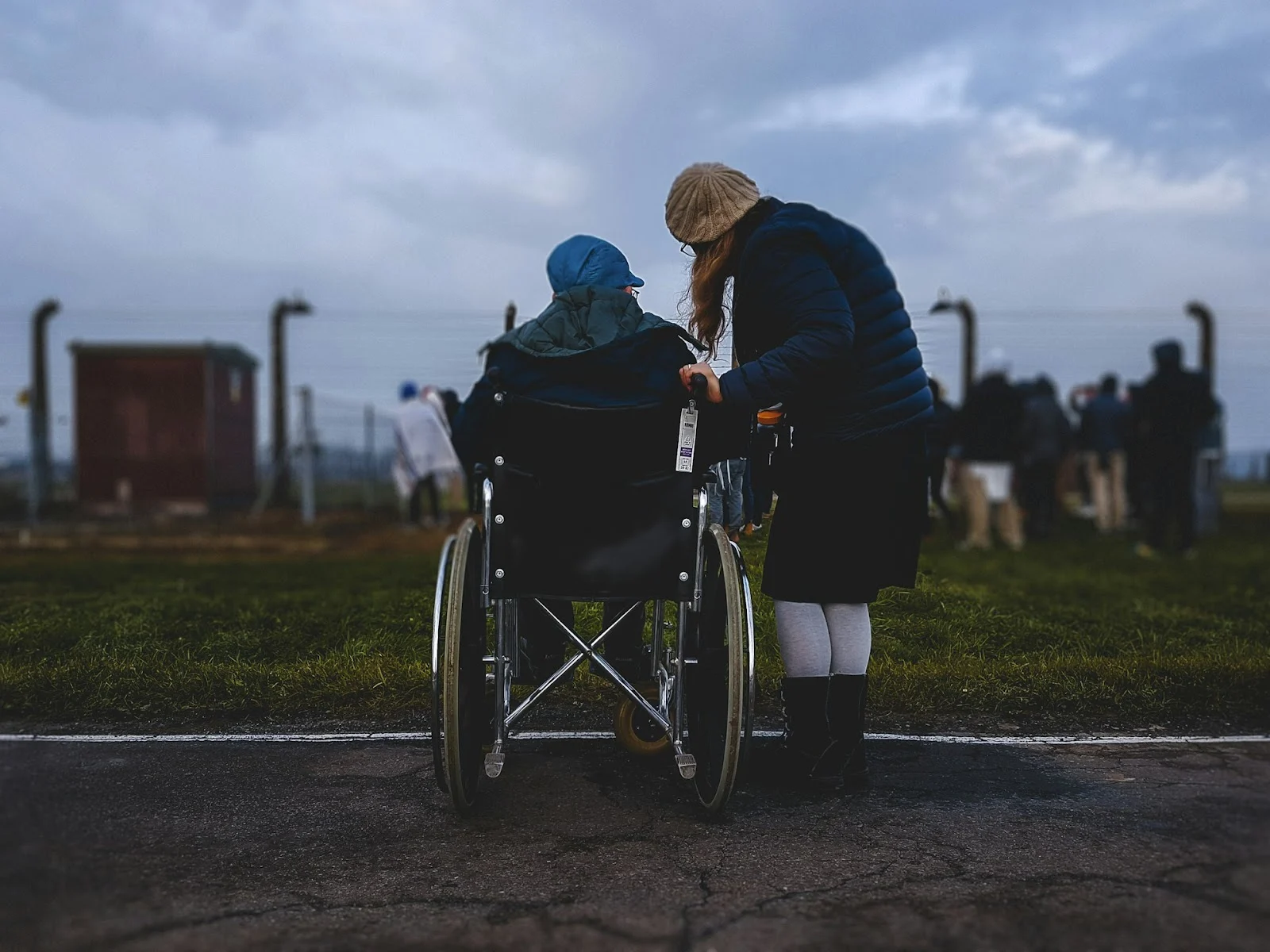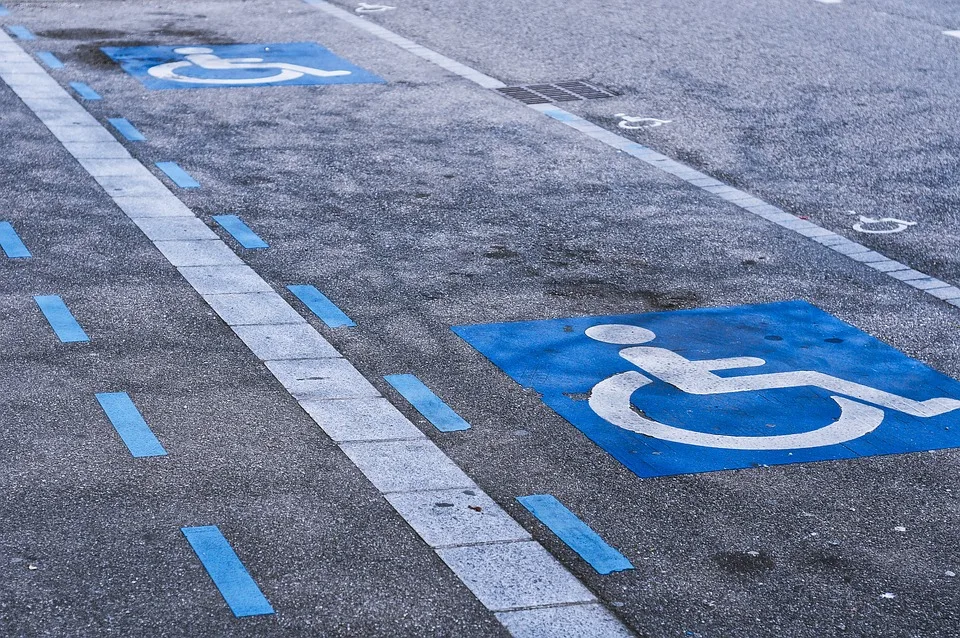Enhancing the quality of life for individuals with limited mobility is a goal that requires empathy, creativity, and dedication. These individuals often face numerous challenges that can impact their physical health, mental well-being, and social engagement. By implementing thoughtful solutions and interventions, it is possible to create a more inclusive and supportive environment. This guide will explore various methods and strategies to help improve the lives of those with limited mobility, fostering greater independence and ensuring they can participate more fully in all aspects of life.

Improve Accessibility at Home
Creating a more accessible living environment is crucial for individuals with limited mobility. Modifications such as installing ramps, stairlifts, and handrails can significantly enhance their ability to navigate their home safely and independently. Additionally, optimizing the layout of furniture and ensuring that essential items are within easy reach can prevent accidents and make daily activities more manageable. You can find grants for a stairlift, wheelchair ramp, and other home modifications to make these changes more affordable. It is also essential to regularly assess and update the accessibility of the home as the needs of individuals with limited mobility may change over time.
Beyond physical adjustments, incorporating smart home technology can further assist individuals with limited mobility. Voice-activated devices, automated lighting, and smart thermostats allow for greater control over the home environment without necessitating constant physical movement. These technological solutions not only improve accessibility but also contribute to a higher quality of life.
Accessibility should not stop there, either. These days, there are solutions available for just about anything. Say, for example, that an individual with limited mobility due to arthritis or Parkinson’s struggles to get dressed alone due to difficult buttons and zippers. To combat this, all they need to do is invest in adaptive clothing – think shirts with magnetic buttons and pants with side zippers to simplify dressing and undressing – from a supplier like Joe & Bella’s Adaptive Apparel. Doing so can help an individual struggling with limited mobility retain their independence and dignity in the face of adversity and poor health. Altogether, accessibility solutions, from open floor plans to smart lighting and adaptive clothing items, can be the first step towards contributing to an individual’s higher quality of life.
Promote Physical Health and Exercise
Regular physical activity is vitally important for maintaining health and well-being, even for those with limited mobility. Adaptive exercises tailored to an individual’s abilities can help improve strength, flexibility, and cardiovascular health. Physical therapists can provide personalized exercise plans and guidance to ensure that activities are safe and effective.
Engaging in physical exercise has profound mental health benefits. Activities such as seated yoga, water aerobics, and resistance band exercises can boost mood, alleviate stress, and provide a sense of accomplishment. Encouraging participation in community-based exercise programs also fosters social interaction and reduces feelings of isolation.
Foster Social Connections
Social interaction plays a significant role in mental and emotional well-being. Ensuring that individuals with limited mobility have opportunities to connect with others can reduce feelings of loneliness and depression. Organizing and encouraging participation in social events, such as hobby clubs, community gatherings, or virtual meet-ups, can provide essential social support.
Family and friends also have a critical role in fostering strong social connections. Regular visits, phone calls, and video chats can help maintain relationships and give individuals with limited mobility a sense of belonging and support. Social engagement can profoundly impact their overall quality of life.
Enhance Access to Mobility Aids and Transportation
Access to appropriate mobility aids is essential for individuals with limited mobility to lead independent lives. Devices such as wheelchairs, walkers, and scooters can significantly expand their ability to move around safely and comfortably. Regular assessments by healthcare professionals ensure that the mobility aids are well-fitted and suited to the individual’s needs.
In addition to mobility aids, reliable and accessible transportation is crucial. Modified vehicles, public transportation options with wheelchair access, and specialized transportation services enable individuals to participate in community activities, attend medical appointments, and enjoy a sense of independence. Simplifying access to these transport solutions can make a significant difference in their daily lives.
Support Mental and Emotional Health
Maintaining mental and emotional health is fundamental to enhancing the quality of life for those with limited mobility. Providing access to mental health resources, such as counseling and support groups, can help address anxiety, depression, and other mental health concerns. These services can offer coping strategies and a platform for individuals to express their feelings.
Engaging in fulfilling activities and hobbies is another crucial aspect of mental well-being. Encouraging participation in arts and crafts, music therapy, or reading can provide joy and stimulate cognitive function. Creating opportunities for meaningful engagement aids in cultivating a sense of purpose and satisfaction, ultimately leading to a better quality of life. It is also important to listen to and validate the experiences of individuals with limited mobility, as this can positively impact their mental and emotional health.

Enhancing the quality of life for individuals with limited mobility requires a multi-faceted approach that addresses physical, social, and emotional needs. By making modifications to the home environment, promoting physical activity, fostering social connections, providing access to mobility aids and transportation, and supporting mental and emotional health, we can create a more inclusive and accessible society for all. Empathy, creativity, and dedication are the key ingredients in building a more supportive community for those with limited mobility. With these efforts, we can help empower individuals to live fulfilling and independent lives. By implementing these strategies, we can all contribute to making a positive impact and enhancing the quality of life for those with limited mobility.

Jessi is the creative mind behind The Coffee Mom, a popular blog that combines parenting advice, travel tips, and a love for all things Disney. As a trusted Disney influencer and passionate storyteller, Jessi’s authentic insights and relatable content resonate with readers worldwide.
